British court rejects Turkey’s extradition request for top Gulenists
A court in the United Kingdom has turned down a request by Turkish officials to extradite two senior members of a movement led by US-based opposition cleric Fethullah Gulen, whom the Ankara government accuses of having masterminded the July 2016 coup attempt against President Recep Tayyip Erdogan.
On Wednesday, the Westminster Magistrates Court dismissed the plea against Turkish businessman Hamdi Akin Ipek, religious scholar Talip Buyuk and banker Ali Celik.
The court ruled that probation conditions for the defendants, including seizure of their passports, will resume during the appeal period and they were ordered to stay in London during the process.
The most distinguished defendant of the trio is Akin Ipek, who once run a business empire in Turkey. Buyuk was a high-ranking members of the Gulenist Terror Group (FETO), and Celik was the director of the now-defunct Bank Asya.
Ipek was detained on May 23 after Turkey demanded his extradition.
Turkey issues arrest warrants for 27 over Gulen links
Meanwhile, Turkish prosecutors have issued arrest warrants for more than two dozen people on suspicion of affiliation to FETO.
The Chief Prosecutor's Office in the capital Ankara issued the arrest warrants for 23 former and four on-duty civili servants for using the ByLock, an encrypted mobile messaging application that was allegedly used by Gulen’s supporters for communication.
Among the suspects were 15 personnel of the Agriculture and Forestry Ministry, five personnel of the Energy Ministry and eight personnel from other public institutions.

Police have rounded up 11 of the suspects so far in simultaneous operations in seven provinces across Turkey.
During the 2016 botched putsch, a faction of the Turkish military declared that it had seized control of the country and the government of Erdogan was no more in charge. The attempt was, however, suppressed a few hours later.
Ankara has since accused Gulen of having orchestrated the coup. The opposition figure is also accused of being behind a long-running campaign to topple the government via infiltrating the country’s institutions, particularly the army, police and the judiciary.
Gulen has denounced the “despicable putsch” and reiterated that he had no role in it.
“Accusations against me related to the coup attempt are baseless and politically-motivated slanders,” he said in a statement.
The 77-year-old cleric has also called on Ankara to end its “witch hunt” of his followers, a move he says is aimed at “weeding out anyone it deems disloyal to President Erdogan and his regime.”
Turkish officials have frequently called on their US counterparts to extradite Gulen, but their demands have not been taken heed of.
Turkey has been engaged in suppressing the media and opposition groups suspected to have played a role in the failed coup.
Tens of thousands of people have been arrested in Turkey on suspicion of having links to Gulen and the failed coup. More than 110,000 others, including military staff, civil servants and journalists, have been sacked or suspended from work over the same accusations.
The international community and rights groups have been highly critical of the Turkish president over the massive dismissals and the crackdown.
Hezbollah attacks Israeli forces after Lebanese homes blown up
World leaders, states hail ICC arrest warrants for Netanyahu, Gallant
MP: US accountable for possible Israeli 'foolishness' to attack Iraq
VIDEO | Israeli policies strangle Palestinian agriculture, economy
Iran's president offers condolences to Pakistan over terrorist attack
Canada’s Yukon town council at standstill over refusing oath to King Charles
Yemen's Houthi calls for jihad to protect Palestine against Israel
VIDEO | Internal rifts within Israel


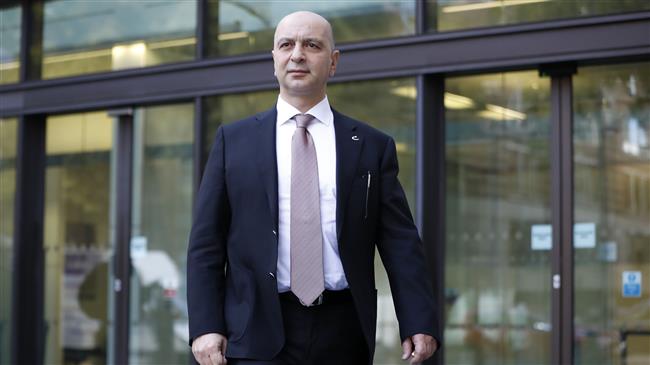


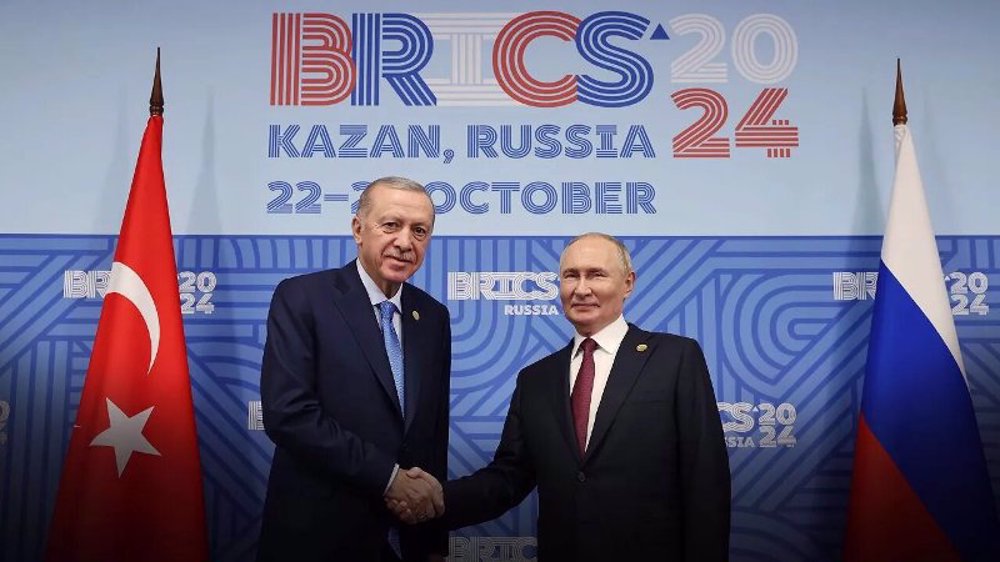
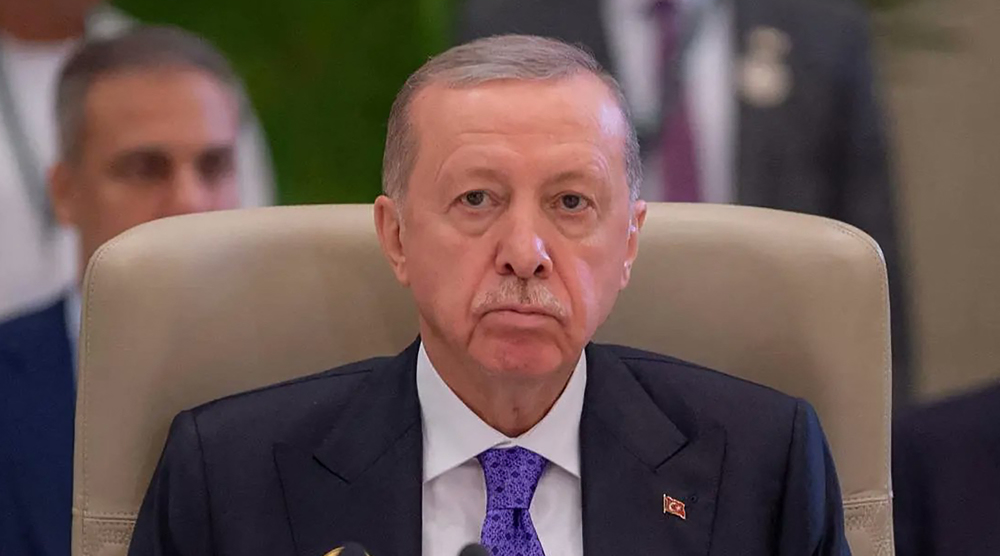



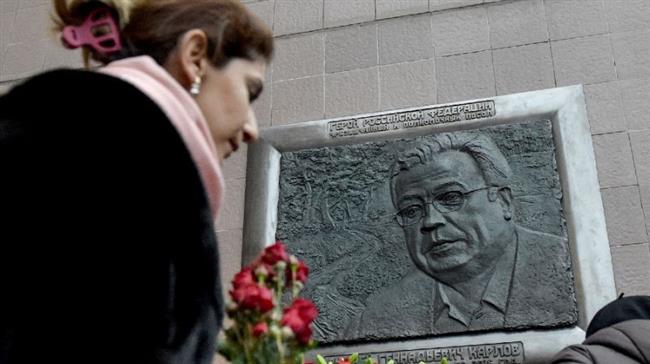
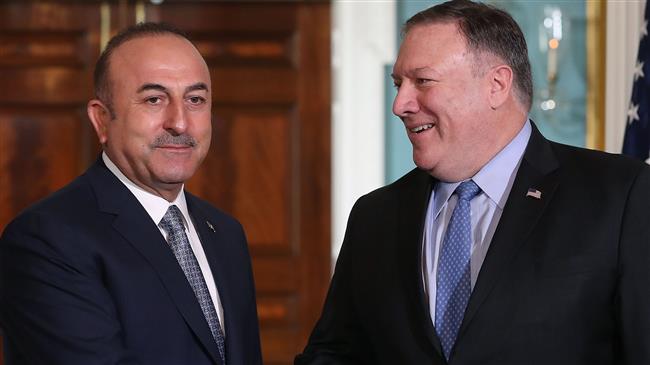
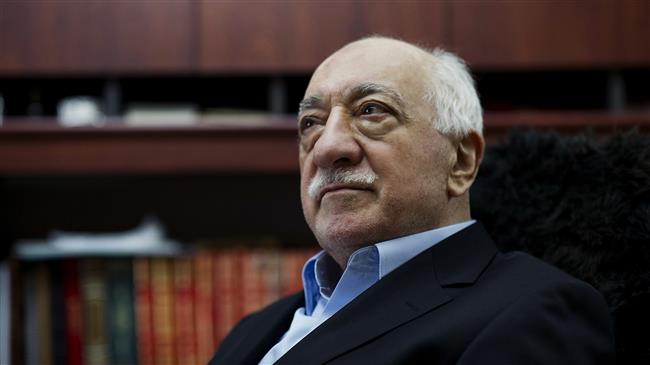
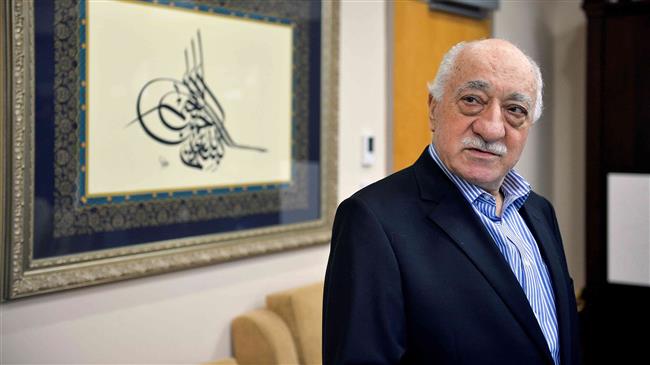
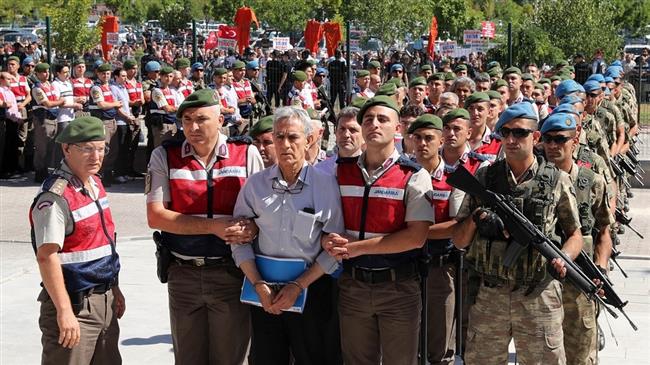
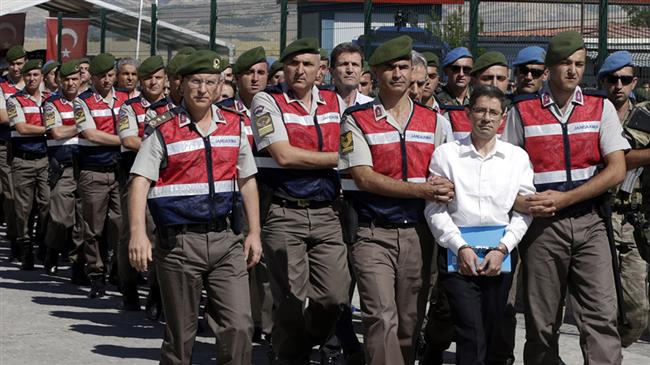

 This makes it easy to access the Press TV website
This makes it easy to access the Press TV website